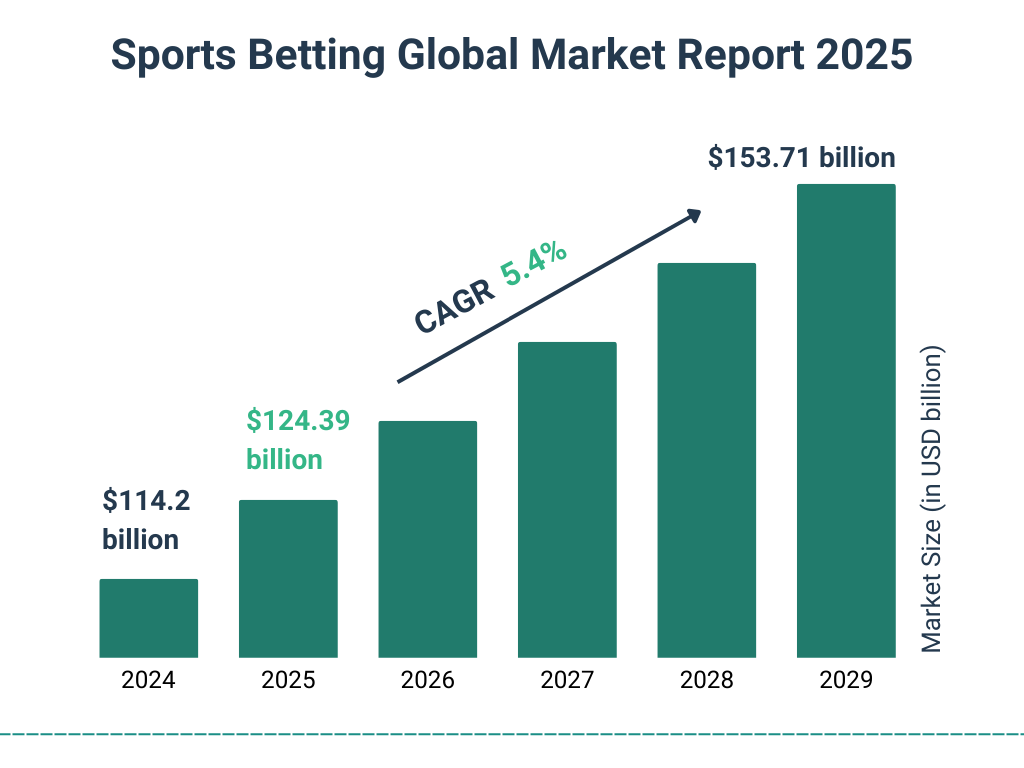The intersection of competitive gaming and gambling has created one of the most dynamic sectors in the digital entertainment economy. The growth of esports betting has outpaced expectations, transforming from a niche activity into a multi-billion dollar industry that continues to expand globally. This analysis explores how esports betting emerged, why it’s growing at such a remarkable rate, and what the future might hold for this explosive market.
The Evolution of Esports Betting Markets
The journey of esports from basement competitions to filling stadiums parallels the evolution of betting markets around these events. What began as informal skin gambling in games like Counter-Strike: Global Offensive has transformed into a sophisticated betting ecosystem that rivals traditional sports in some markets.
The growth of esports betting gained significant momentum around 2015-2016, when major bookmakers began recognizing the potential of this emerging market. Initially, offerings were limited to major tournament outcomes, but today’s market includes diverse betting options from round-by-round predictions to player performance props.
This evolution coincided with the broader legitimization of esports, including increased media coverage, corporate sponsorships, and the development of professional league structures. As esports entered the mainstream consciousness, betting operators seized the opportunity to attract a demographic that was previously underserved by traditional gambling platforms.
Current Market Size and Projections

The numbers behind the growth of esports betting tell a compelling story. The global esports betting market was valued at approximately $12.5 billion in 2020, with projections suggesting it could reach $25-30 billion by 2025. This represents a compound annual growth rate (CAGR) of 15-20%, far outpacing traditional sports betting markets.
Regional differences in this growth are significant. Asia leads the market, with China and South Korea representing massive betting volumes despite regulatory restrictions. Europe follows as the second-largest market, with strong participation in Northern and Eastern European countries. North America, despite its huge esports audience, lags somewhat in betting activity due to complex regulatory frameworks.
The Philippines and broader Southeast Asia represent one of the fastest-growing regions, with local operators developing platforms specifically tailored to regional preferences and payment systems. The combination of high smartphone penetration, youthful demographics, and growing internet accessibility has created perfect conditions for the growth of esports betting in these markets.
Popular Esports Games for Betting
Not all esports attract equal betting interest. The betting market has concentrated around several key titles:
First-Person Shooters
Counter-Strike: Global Offensive (CS:GO) remains the most bet-upon esport globally, offering straightforward match outcomes that are accessible even to casual viewers. Valorant has rapidly gained ground since its 2020 launch, leveraging Riot Games’ experience in creating esports-friendly titles.
Multiplayer Online Battle Arenas (MOBAs)
Dota 2 and League of Legends generate massive betting volumes during major tournaments, with The International and the World Championship respectively creating betting activity comparable to traditional sports finals. The complexity of these games has spawned numerous specialized prop bets.
Battle Royales
Games like PUBG Mobile and Free Fire have driven significant growth of esports betting in mobile-first markets, including the Philippines and broader Southeast Asia. These titles have democratized access to esports betting in regions where expensive gaming PCs are less common.
Sports Simulations
FIFA and NBA 2K betting appeals to traditional sports fans transitioning to esports betting, creating an accessible entry point for conventional bettors.
Key Factors Driving Market Expansion
Several converging factors explain the dramatic growth of esports betting markets worldwide:
Demographic Advantage
The typical esports fan—young, tech-savvy, and engaged with digital entertainment—represents the ideal target for online betting operators. As this generation gains purchasing power, their comfort with digital transactions translates naturally to betting activities.
Live Streaming Integration
The symbiotic relationship between esports and streaming platforms has created perfect conditions for betting growth. Viewers can seamlessly transition from watching matches on Twitch or YouTube to placing bets, with many betting platforms incorporating live streams directly into their interfaces.
Pandemic Acceleration
When traditional sports paused during COVID-19 lockdowns, many betting operators and consumers pivoted to esports. This introduction forced rapid development of esports betting offerings and brought in new audiences who have largely remained engaged even after traditional sports resumed.
Data Availability
Esports generates vast amounts of structured data that enables complex betting markets. Advanced analytics have enabled increasingly sophisticated prop bets that appeal to knowledgeable fans looking to leverage their game understanding.

Regulatory Challenges and Regional Approaches
The rapid growth of esports betting has outpaced regulatory frameworks in many jurisdictions. This creates both opportunities and challenges for the sector:
Regulatory Fragmentation
Approaches range from full legalization and licensing (Isle of Man, Malta) to outright prohibition (China, officially, though underground markets thrive). Most markets fall somewhere in between, with varying degrees of oversight.
Age Verification Concerns
With esports’ younger demographic, ensuring underage individuals cannot access betting platforms remains a crucial challenge. Advanced KYC (Know Your Customer) technologies are being deployed to address this issue.
Match Integrity
Several match-fixing scandals have highlighted vulnerability in lower-tier competitions where player compensation may be minimal. Industry stakeholders have responded by forming integrity commissions and implementing monitoring systems to detect suspicious betting patterns.
The Future Landscape of Esports Betting
As we look ahead, several trends will likely shape the continued growth of esports betting:
Metaverse Integration
As virtual spaces evolve, betting experiences may become more immersive, potentially allowing viewers to place bets while watching matches in virtual arenas.
Cryptocurrency Adoption
The overlap between crypto enthusiasts and esports fans has accelerated the integration of blockchain technology into betting platforms, offering increased privacy and reduced transaction costs.
Artificial Intelligence
AI-powered odds compilation will continue to evolve, creating increasingly accurate markets even for emerging games and tournaments with limited historical data.
Regulatory Maturation
As markets mature, expect more consistent regulatory approaches that balance consumer protection with market growth opportunities.
FAQ: Esports Betting Questions
Is esports betting legal in the Philippines?
The legal status of esports betting in the Philippines exists in a gray area. While PAGCOR (Philippine Amusement and Gaming Corporation) regulates gambling activities, specific legislation addressing esports betting remains incomplete. Many Filipinos access international platforms that accept players from the region.
How does esports betting differ from traditional sports betting?
Esports betting offers more diverse in-play markets due to the data-rich nature of video games. Matches also typically have shorter durations, allowing for more frequent betting opportunities. Additionally, the demographic profile of bettors tends to be younger and more tech-savvy.
Recommended Resources
For those interested in exploring the growth of esports betting further, these resources provide valuable insights:
- Industry reports from betting intelligence firms tracking market developments
- Esports integrity organizations monitoring betting patterns and potential manipulation
- Regulatory guidelines from jurisdictions with established esports betting frameworks
- Academic research examining the economic impact of esports betting growth
Conclusion: A Market Still in Its Infancy
Despite impressive growth figures, the consensus among industry experts is that esports betting remains in its early stages. As regulatory frameworks mature, technological innovations continue, and the demographic advantage plays out fully, the growth of esports betting may eventually challenge traditional sports betting for market dominance.
For stakeholders across the gambling industry, esports represents not just an additional vertical but potentially the future core of online betting activity. Those who adapt quickest to this rapidly evolving landscape will likely secure dominant positions in what promises to be one of the gambling industry’s most lucrative sectors for decades to come.
